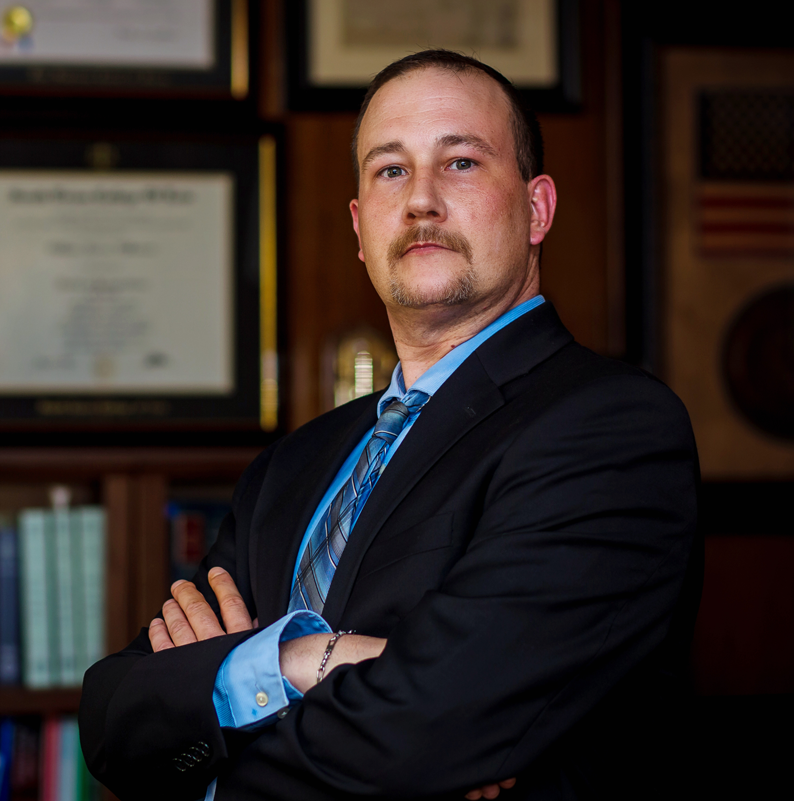Texas parents face a host of challenges when it comes to keeping their kids on the right path to a productive future. However, when a youngster is afflicted with a diagnosis of conduct disorder, there is a greater likelihood that he or she will face difficulties with authority figures, engage in dangerously defiant conduct and perhaps even run afoul of the law.
Key facts about conduct disorder
At its heart, conduct disorder is a condition often seen in kids and teens that can manifest itself in disruptive, sometimes even violent ways. While most people are acquainted with a teenager who always seems to be getting into trouble, conduct disorder is rather more serious than that, and it is formally characterized by factors including:
- Persistent behavioral issues over a long period
- Actions that run counter to accepted norms and constructs
- Behavior that is significantly disruptive to the teenager or the family’s daily life
As is the case with all behavioral issues, every case is different, and the severity of symptoms can run the gamut. However, broadly speaking, individuals with conduct disorder have a greater proclivity to display aggression, destructiveness, deceitfulness and an unwillingness to conform to rules.
Conduct disorder and criminal conduct
Not surprisingly, those affected by conduct disorder tend to struggle when it comes to staying in compliance with the law. As such, brushes with the court system are not uncommon, and sometimes juvenile crimes can result in drug-related charges being issued. The key is for greater awareness of conduct disorder and its consequences to take hold within the justice system so that young offenders capable of rehabilitation can take advantage of diversionary programming designed to help those involved in juvenile crimes.
While it may be easy — and even tempting — to simply write off bad behavior among juveniles as the product of bad parenting or a declining societal structure, but it is crucial for people to familiarize themselves with conduct disorder so that effective approaches to treatment and recovery can be implemented.

